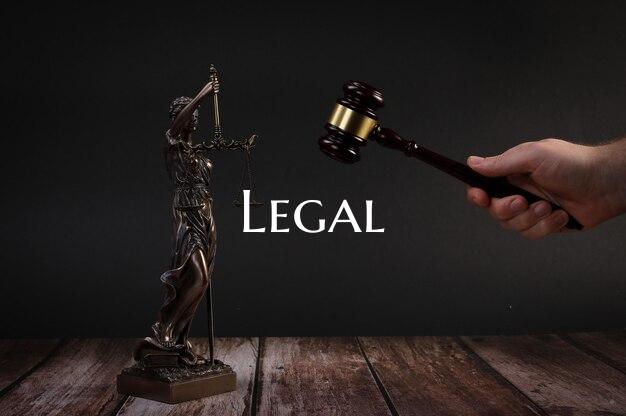
Legal
Introduction: The legal framework forms the backbone of society, guiding individuals and organizations on their rights, responsibilities, and interactions with each other. This comprehensive overview delves into the various aspects of the legal system, highlighting the key principles and mechanisms that ensure justice and fairness in different spheres of life.
Definition of Legal Framework: The legal framework encompasses a set of rules, regulations, and institutions that govern society. It provides the structure within which laws are created, implemented, and enforced to maintain order, protect rights, and resolve disputes. This framework is essential for upholding the rule of law and promoting a functioning society.
Key Elements of the Legal Framework: 1. Legislation: Laws are enacted by legislative bodies at the local, state, and federal levels. These laws define rights, obligations, and prohibitions that individuals and entities must adhere to. 2. Judiciary: The judicial branch interprets and applies laws through the court system. Judges ensure that legal principles are upheld and disputes are resolved fairly. 3. Enforcement: Law enforcement agencies are tasked with enforcing laws and maintaining public order. They investigate crimes, apprehend offenders, and ensure compliance with regulations. 4. Legal Profession: Lawyers, judges, and legal experts play a pivotal role in interpreting laws, representing clients, and providing legal advice. Their expertise is essential in navigating complex legal issues. 5. Legal Protections: The legal framework includes mechanisms for protecting individual rights, such as due process, equality before the law, and access to justice. These safeguards ensure that individuals are treated fairly under the law.
Importance of the Legal Framework: 1. Protection of Rights: The legal framework safeguards individual rights and ensures that those in power are held accountable for their actions. 2. Resolution of Disputes: Legal mechanisms provide a structured way to resolve conflicts and disputes, reducing the likelihood of violence or retaliation. 3. Promotion of Justice: The legal system aims to achieve justice by applying laws impartially and equitably, regardless of individuals' status or background. 4. Regulation of Conduct: Laws and regulations set standards of behavior for individuals and organizations, promoting ethical conduct and social responsibility. 5. Stability and Order: The legal framework contributes to societal stability by providing a framework for predictability, consistency, and the peaceful resolution of conflicts.
Conclusion: The legal framework is a cornerstone of society, shaping individuals' interactions, safeguarding rights, and promoting justice. Understanding its key elements and importance is essential for navigating legal issues and upholding the rule of law in a democratic society. By respecting and upholding the legal framework, we contribute to a more just, orderly, and harmonious society for all.
